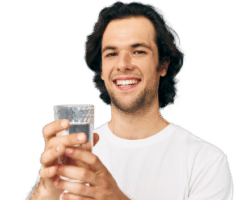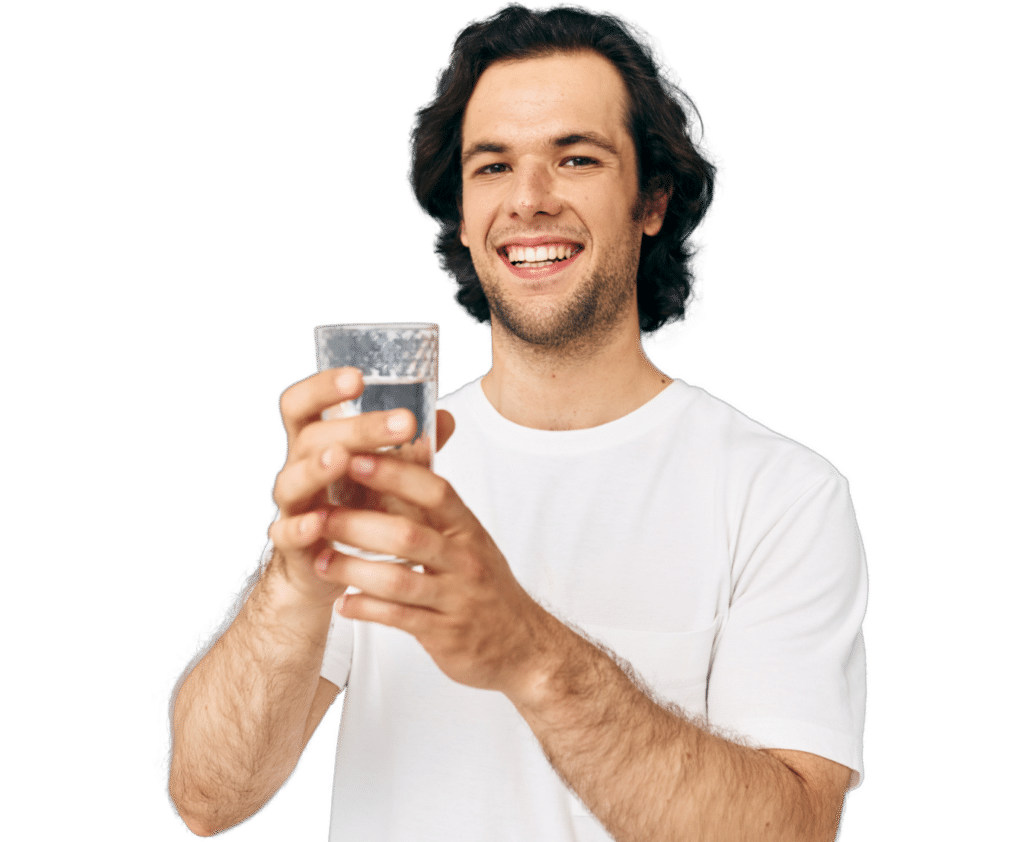Bringing Clean Drinking Water To Riverside
Residents of southern California are no strangers to hard water. The minerals right beneath our feet mean that the hardening of water is simply a fact of life for us. That’s why so many homeowners turn to Environment Water Filtration for quality water softening systems.
Softened water means being able to wash and clean more efficiently, prevent scale buildup and maintain good pressure levels. Even so, many ask the question — is it safe for me to drink softened water? The best way to answer this question is to understand what softening actually does, and we at Environment Water Filtration are eager to help.
What Does A Water Softener Do?
When your water is made soft, what does that actually mean? Softening systems reduce the “hardness” of water by purging it of minerals such as calcium and magnesium. The softener uses beads that attract these minerals and swap them out through an ion exchange process.
It is true that softened water contains higher sodium levels than the hard alternative. This is because salt is needed to regenerate the beads used to capture minerals. While generally safe, this does mean that people with high blood pressure could face health risks from softened water.
When your household has a proper softening system, you can notice a wide range of positive changes. Some of these include:
- Softer skin and hair
- Easier cleaning and less soap needed
- Energy efficiency
- Improved plumbing health
Water softening is a great way to make your home life easier and healthier. Environment Water Filtration knows from experience what better water can do, so don’t hesitate to give us a call!
Side Effects Of Drinking Softened Water
Softened water is completely safe to drink for many people. With that being said, certain people can sometimes be at risk. While considering a softening system, you should also be aware of any applicable side effects.
Sodium Content
As part of the process of removing minerals, our Kinetico water softeners use salt. Because of this, people with high blood pressure or low-sodium diets might be concerned. The good news is that depending on how hard your water is, the amount of sodium could be negligible.
The quantity of sodium in your softened water is based on the level of hardness. The harder the water is, the more sodium is needed. Hardness over 400 ppm (parts per million) is where softened water could start to be a serious risk to people with sodium concerns. Anything under that should be safe to drink.
Mineral Reduction
Even people without sodium-based health risks might notice small changes after switching to softened water. While the contribution of calcium and magnesium from hard water might be noticeable in regions where the water is particularly hard, it’s generally not the primary or most efficient source of these minerals for your diet. In this case — after switching to soft water — you may want to consider different dietary sources for these minerals.
How To Make Softened Water Drinkable
If you are worried about increased sodium in your diet, it’s still possible to make soft water drinkable. This can be done by using a reverse osmosis (RO) filter. Through the use of a semipermeable membrane, an RO filter can clear out salt and similar particles from your water before it’s ready to drink. This will allow you to use softer, healthier water while still being able to enjoy the taste.
Water Softening Services With Environment Water Filtration
If you’re still uncertain about the safety and benefits of softened water, there’s no one better to turn to than Environment Water Filtration. Our professionals have provided Riverside and surrounding areas with reliable water filtration services for over three decades. Our team is only a call away!




